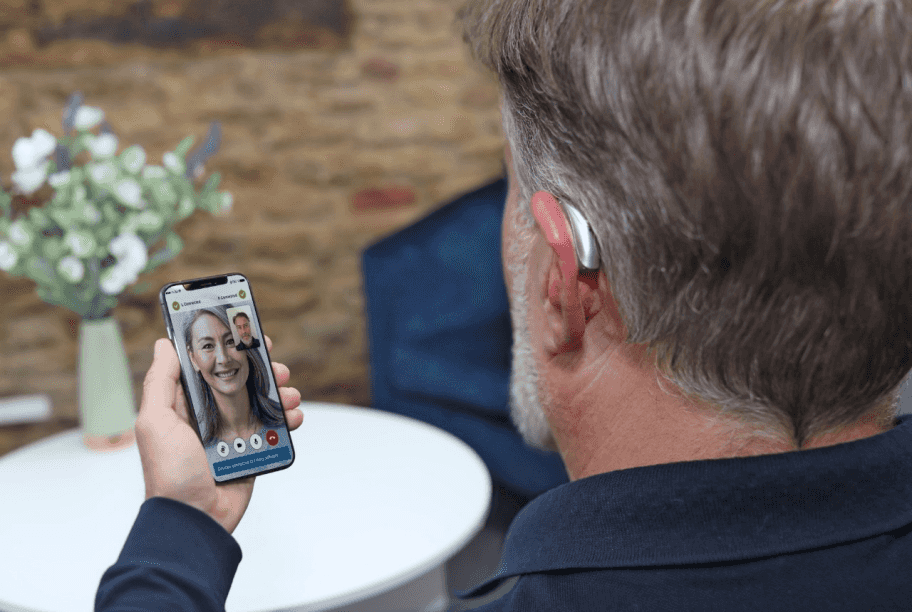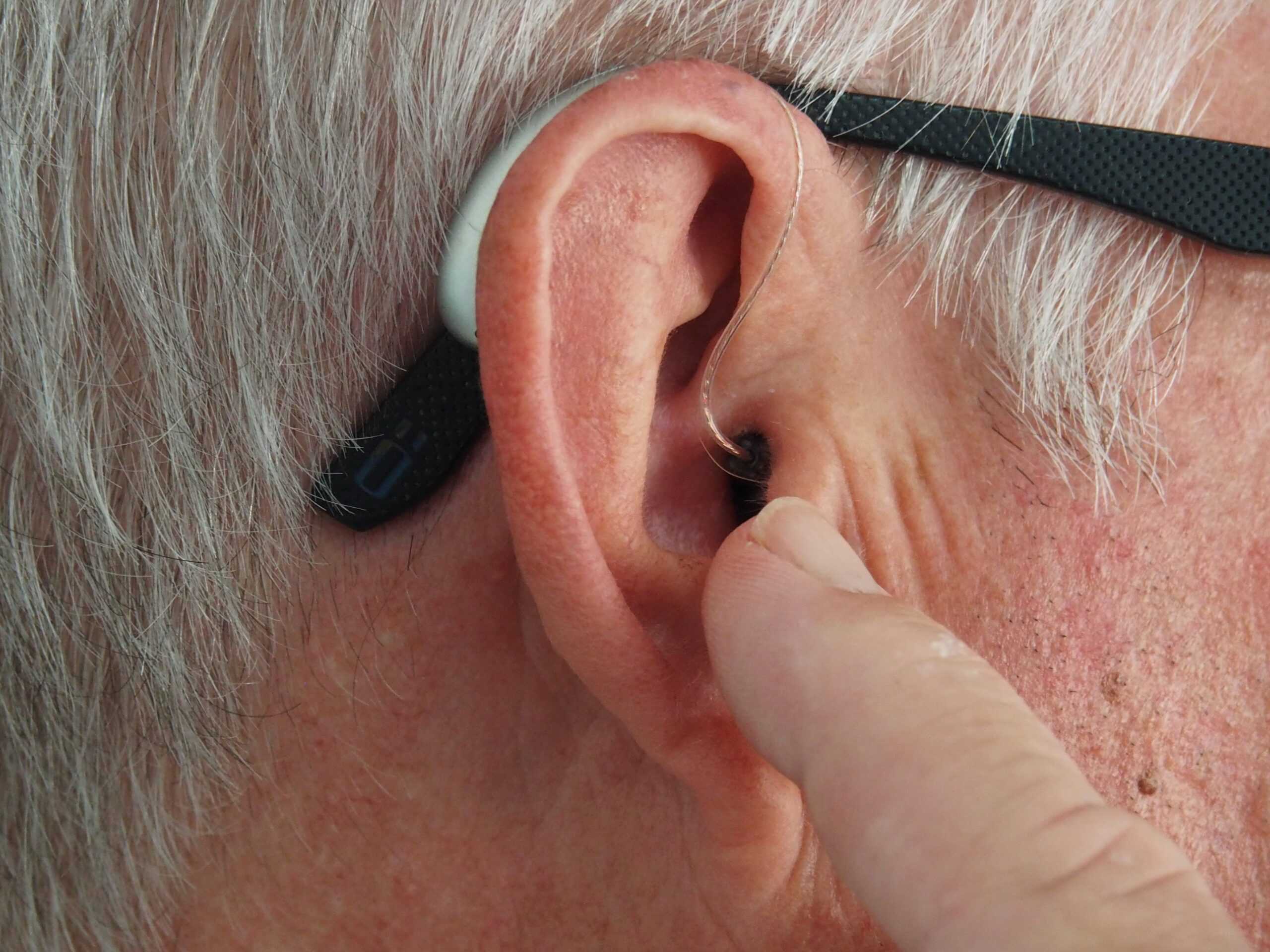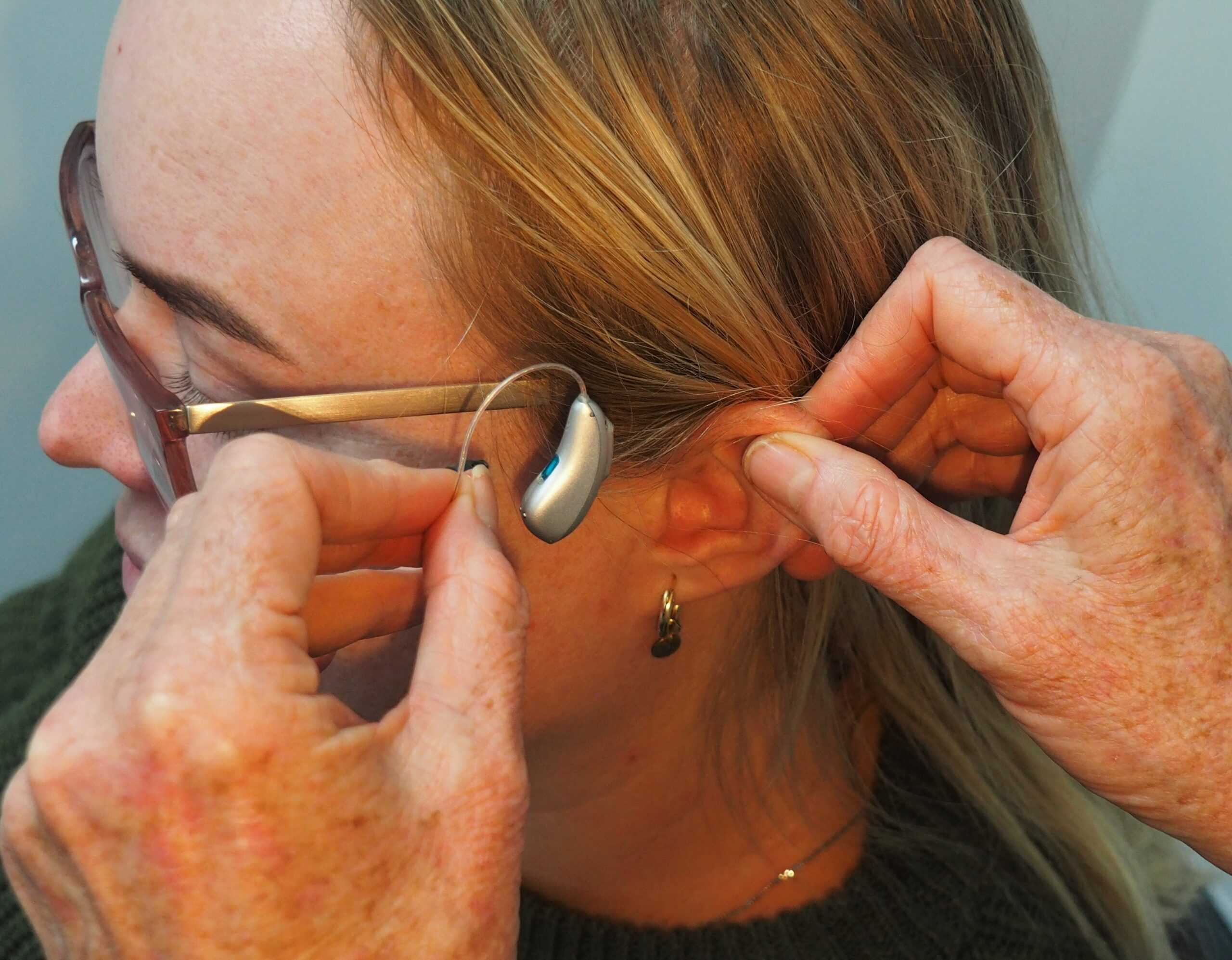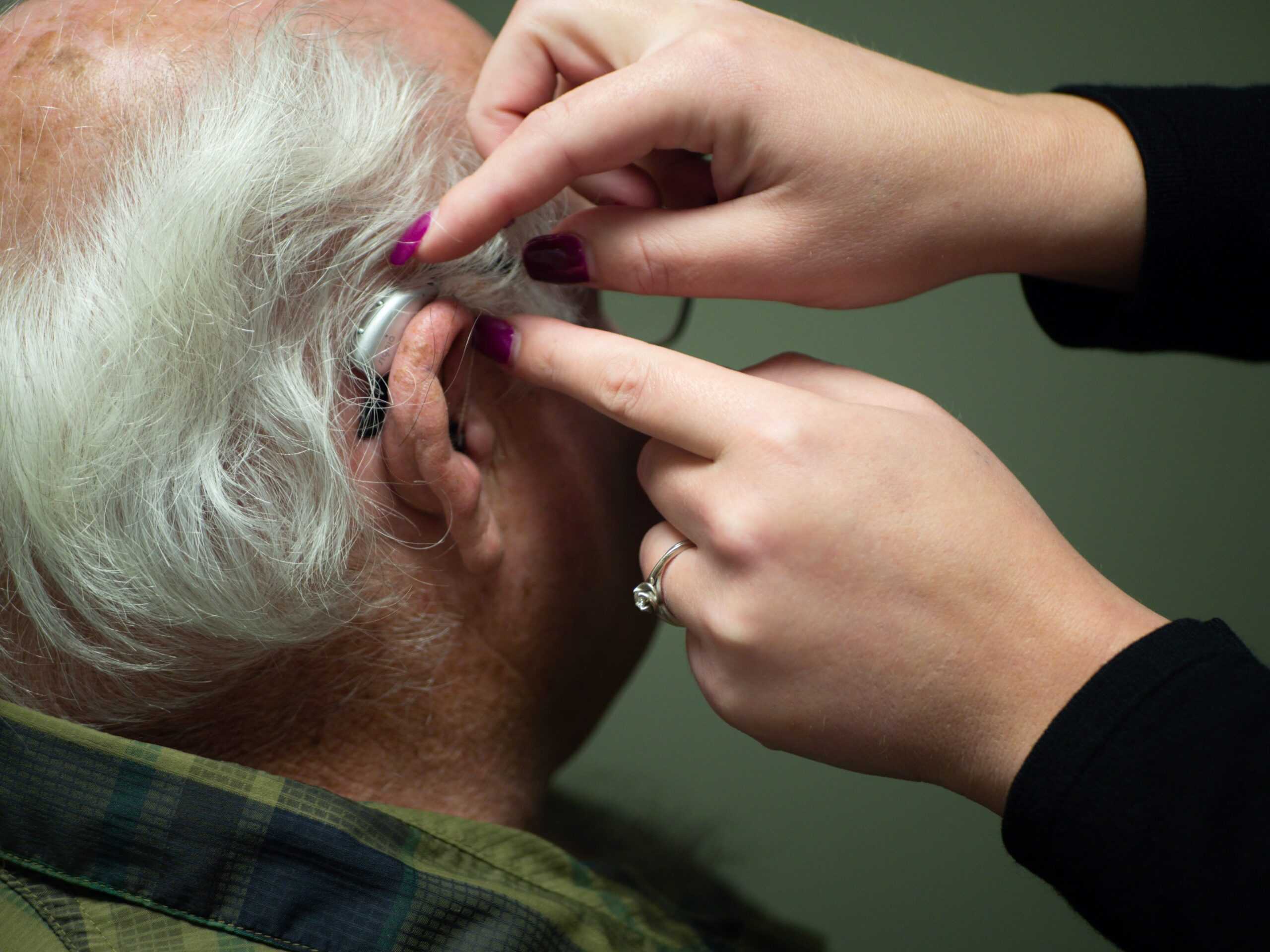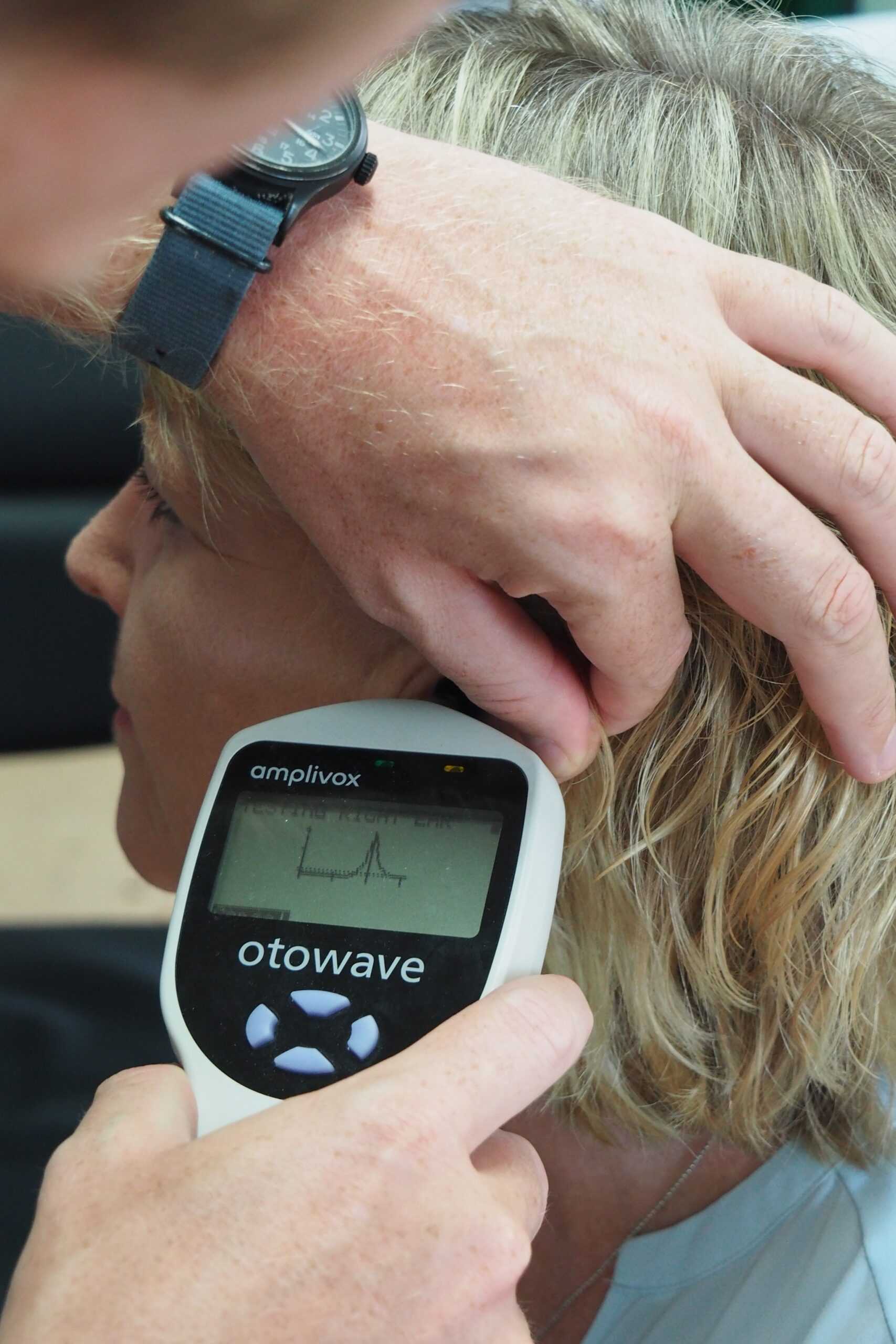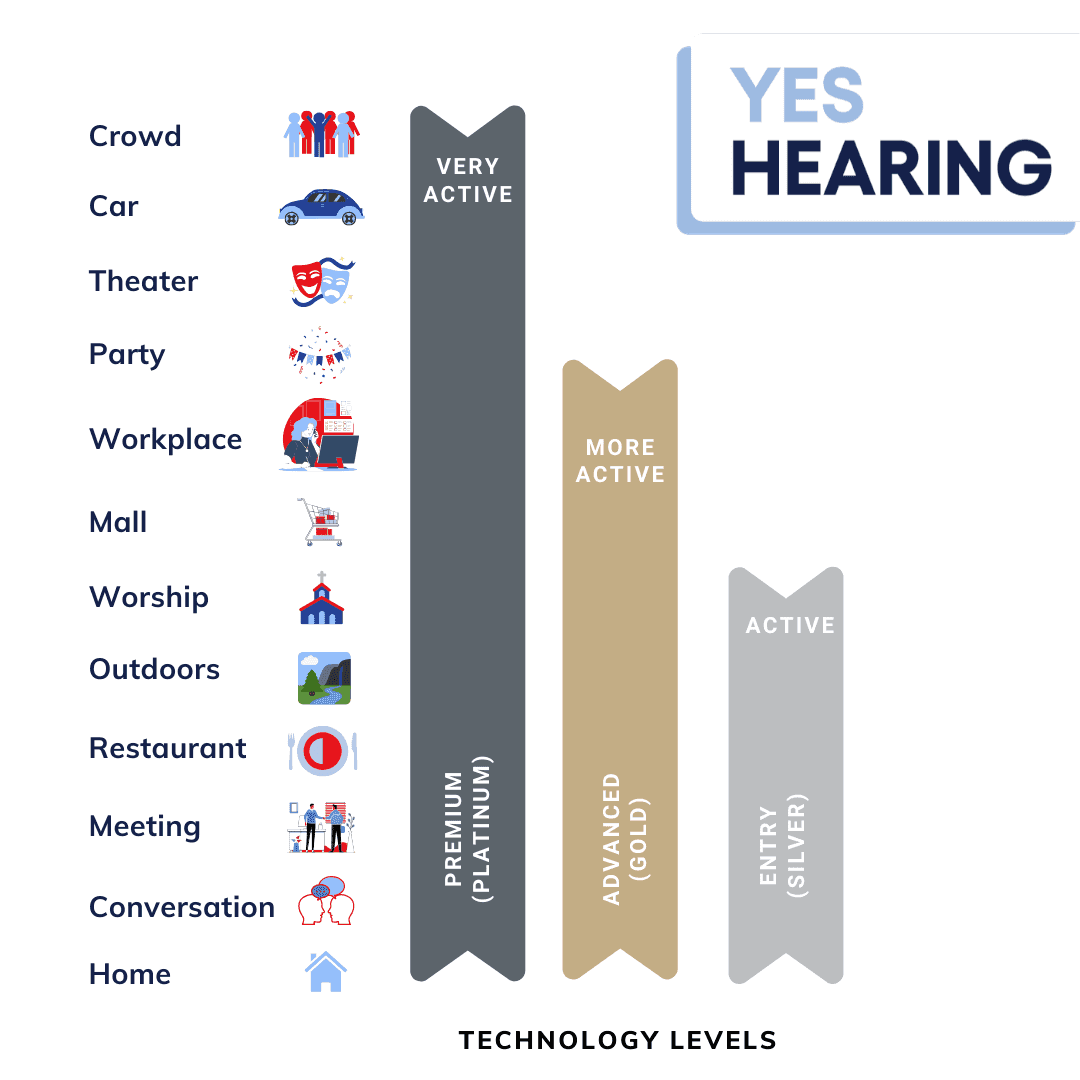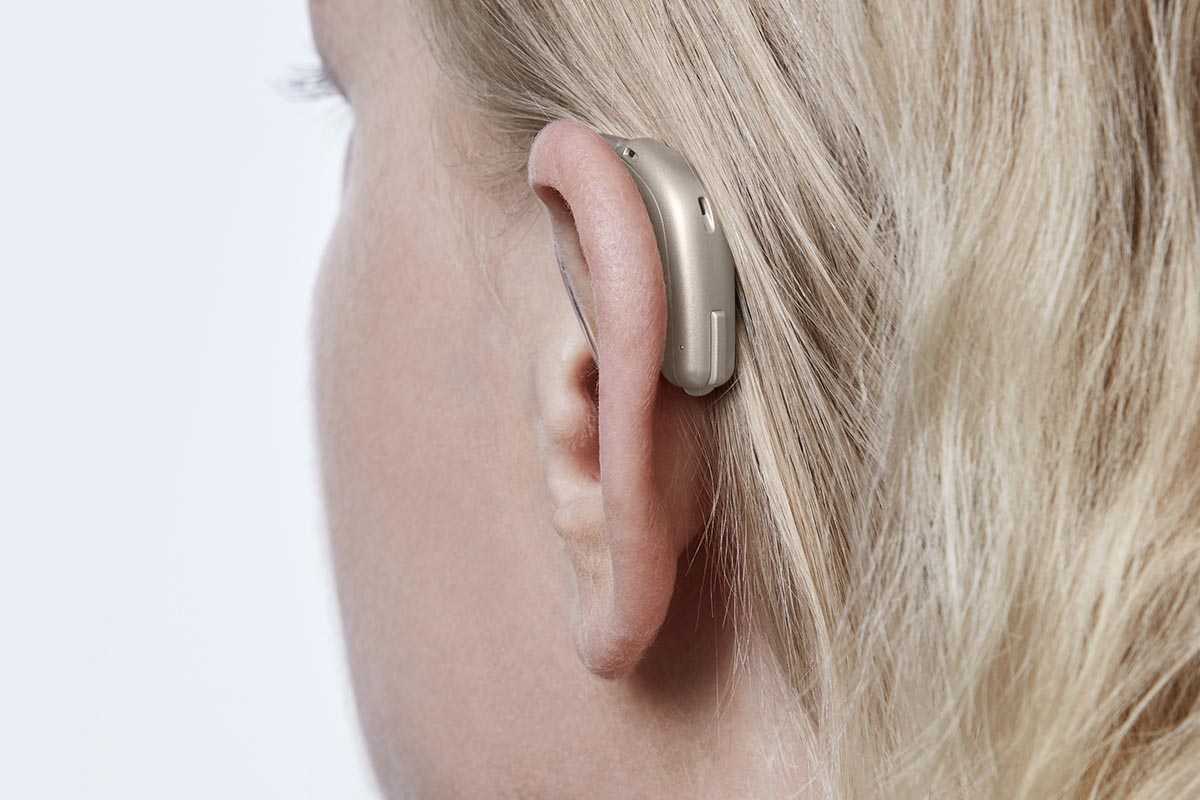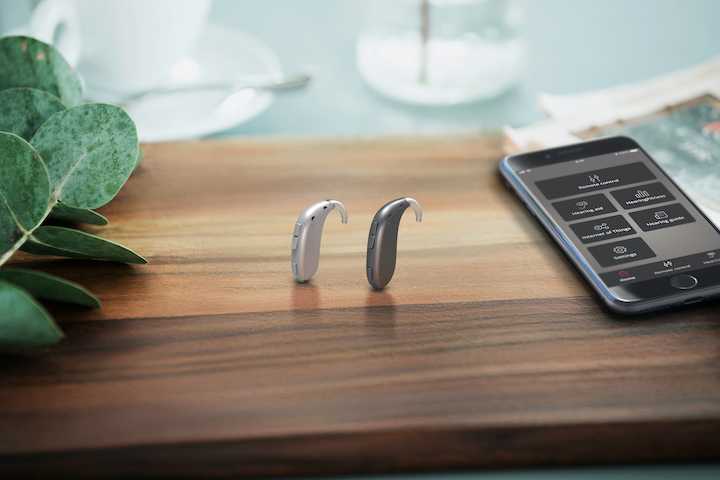Hearing Aids
How To Tell A Loved One They Need A Hearing Aid

How to discuss hearing loss with a loved one.
Telling a loved one that they need a hearing aid can be difficult, as many people aren’t fond of the idea of wearing hearing aids. There are many reasons people may not want hearing aids, including financial reasons, personal reasons, and misconceptions about hearing aids. If you know a loved one does need hearing aids, we have listed some of the main objections, and a few answers you can use in response, to persuade them into trying hearing aids.
There is often a long time gap between when a person starts experiencing hearing loss, and before they purchase hearing aids. In that time the person with hearing loss may blame others for ‘not speaking up’ or ‘mumbling’. You should know that this is not your fault, or their fault, but a natural part of being human. Whilst no exact script on what to say to convince a loved one to get hearing aids, following our tips below will help your loved one realize that is in their own best interest to get hearing aids.
You may not suffer in the same way as someone with hearing loss, but you may be experiencing hardships. It may be difficult to communicate, you may be concerned about a loved ones safety, and you may be worried about the impact on your family member’s social life – all of these are normal reasons you may ask a loved one to get hearing aids. Convincing someone to try hearing aids isn’t always easy, but so many people report that it is worthwhile in the long run, as it will improve both your life and theirs.
The conversation should be handled gently – never try to force hearing aids onto a person. This can pressure them into getting hearing aids, which may negatively impact their experience. Hearing aids are meant to benefit them, and so it is better to nudge them in the right direction gently than using forceful language. Below are some common misconceptions and arguments you can make to more easily convince someone to try hearing aids:
It’s just a trial
This is one of the most powerful arguments, as it can overcome many people’s objections. Yes Hearing offers a 60 day money back guarantee, as do many audiologists. By telling a loved one that it is just a trial, and they can always return the hearing aid if they do not like it, you have achieved an important first step – getting a person to try on a hearing aid. Often, the person will receive so much benefit during the trial that they will be happy to commit to the purchase and they will keep wearing the hearing aids after the trial has ended. Framing the issue as a trial period is much less scary than telling someone to buy hearing aids, and so can be a very effective line to use.
I won’t like the way I look
Many people don’t want to wear hearing aids because they are worried about how the hearing aids will look – after all, historically, hearing aids were fairly large and chunky. However, technology has improved in recent years, making haring aids sleek and refined. Many models can be hidden behind the ear, and can match skin and hair tones to help them blend into a person’s skin or hair. Some hearing aids can completely fit inside the ear, and are known as “invisible” hearing aids because they are so hard to spot. A great line to use is “try them, and see if anyone even notices”. They’ll be amazed at how few people are even aware they are wearing hearing aids!
“I don’t need them”
Lots of people simply feel they don’t need hearing aids, and believe they can hear normally. There are some ways you can show this may not be true. For example check the TV volume – if a person is listening on volume level 30, when they used to listen on volume level 25, this is powerful evidence their hearing has gotten worse. Often though simply being honest, and saying to a loved one that they miss what you are saying can be more effective as they may genuinely not have noticed that they are asking you to repeat yourself more often. If there is any doubt they should go to visit an audiologist, who can conduct a hearing test.
“I don’t like the sound of my voice through hearing aids”
This is one of the most common reasons for returning hearing aids after a trial. Fortunately many of the hearing aids we offer offer Own Voice Processing, a technology that identifies when a hearing aid wearer is speaking, and processes the noise differently. This happens in real time, so their voice sounds more natural and familiar. With this new technology, this objection is gone!
Summary
It is normal for a person to be afraid of aging or declining health, and many people are in denial or make excuses because of this. The main thing is to be understanding and gentle when you talk to them about getting hearing aids. Be sure to listen to what they have to say, and be open to communication when they voice their feelings and concerns. Make sure it comes across that you are concerned, rather than being critical.
Bringing up the topic of hearing aids with a loved one may be hard, but in the long run, it is much better than doing nothing at all. Hearing loss, untreated and unregulated by a hearing aid, can result in worse hearing and other medical conditions, and has been linked to conditions including dementia and depression. Loved ones may become socially isolated as they will be unable to hear and communicate in loud places. By following the steps listed above you can hopefully convince a loved one of the merits of hearing aids, and of the all the good things hearing aids can do for them.

Get ready to reconnect with the world around you
At Yes Hearing, we are committed to helping you improve your hearing and communication with your loved ones. Trial a hearing aid to see the benefits of improved hearing.
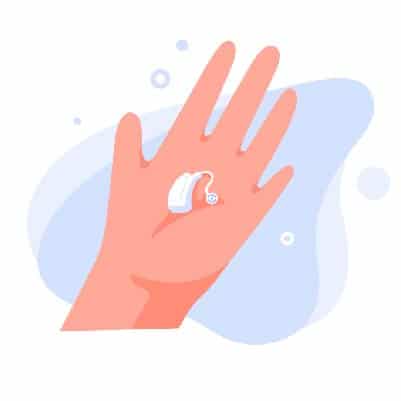
Speak with a Yes Hearing expert to learn more
With more than 50 audiologists around New York, help is near. Arrange a free consultation whenever suits you via phone, chat or video call and speak with an expert today.
Related articles
Subscribe to our mailing list
Be the first to hear about latest news, content, and more by subscribing to our mailing list. Check your inbox for a confirmation email!

